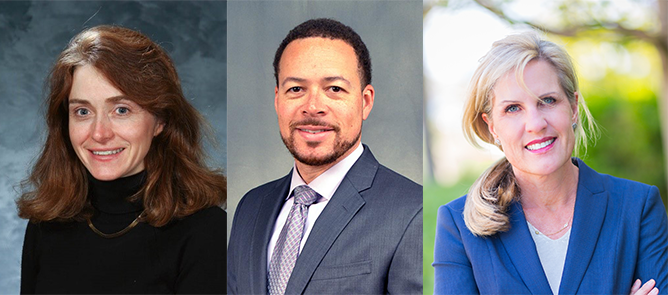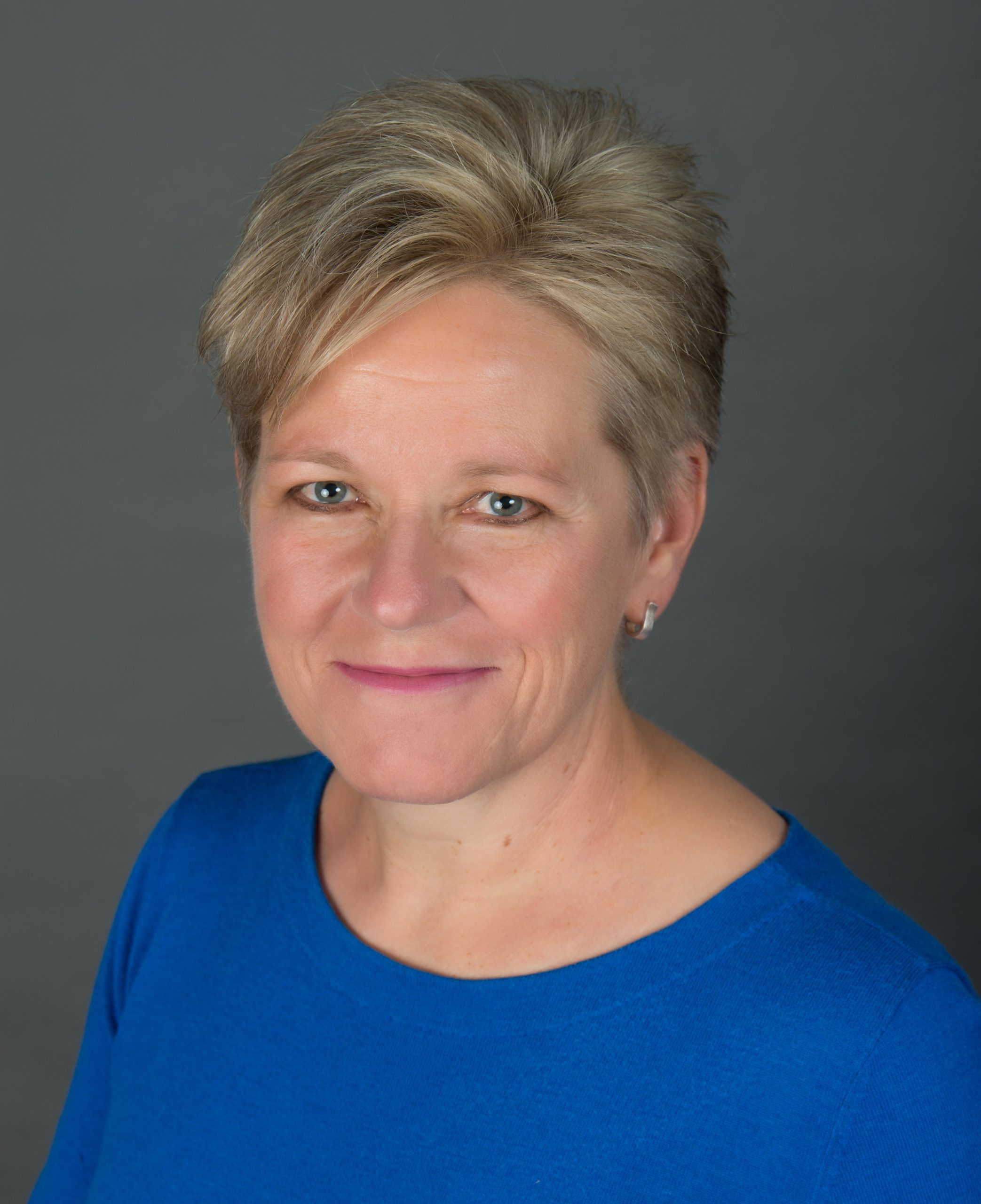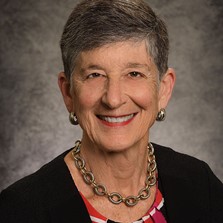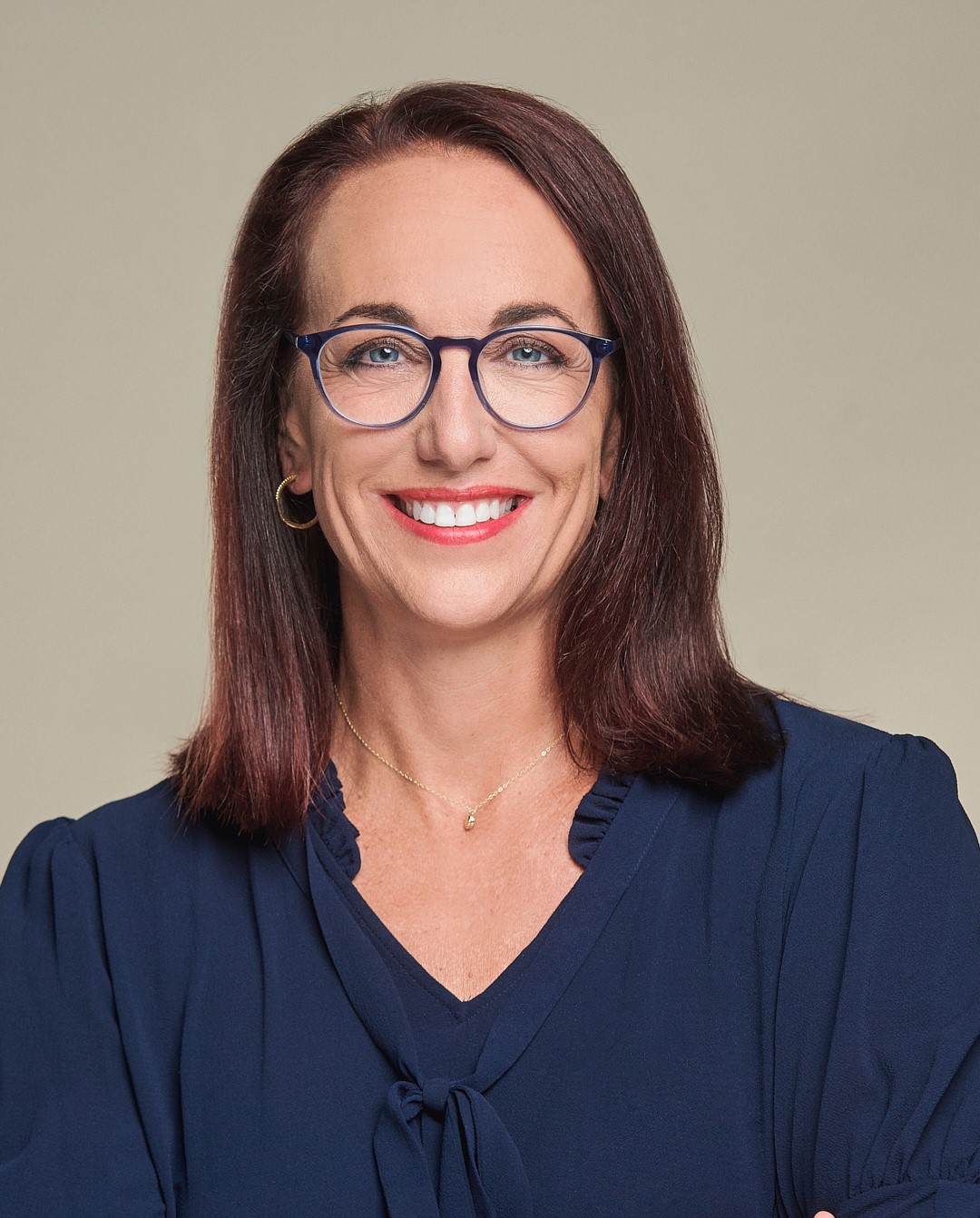December 2020 | Volume 13, Issue 6


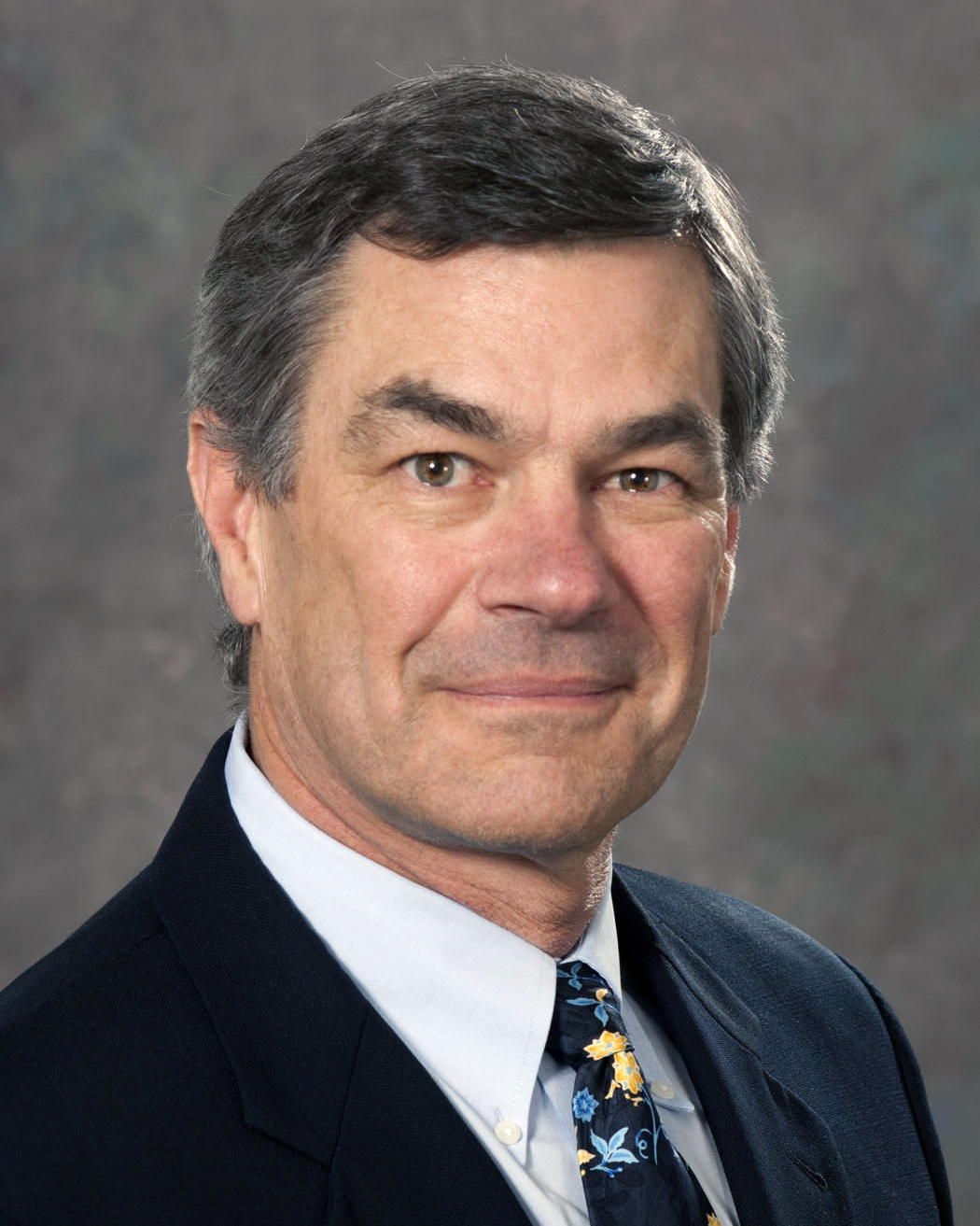
by J. Anthony Seibert, PhD, ABR Governor
2020;13(6):1
The end of the year is upon us – and what a year it has been! Amid another pandemic surge, the ABR is in a good situation by having taken action in June to move from on-site exams to remote exam processes for all disciplines. This was achieved in part by listening to the responses of our stakeholders, candidates, and diplomates to the initial impact of COVID-19 on 2020 exam delays. While there remains a significant effort to prepare for remote exams coming in early 2021, major infrastructure is in place and policies and procedures are being refined. Pilot exams given to select volunteer candidates in the coming month will help us to verify, validate, evaluate, and adjust the exam delivery process as needed. The latest information is available on the ABR website.
In this edition of The Beam —
The executive director and secretary-treasurer provide a word about finances, fiduciary responsibilities, and strategic budgeting to support the ABR’s mission.
At the fall board meeting held remotely in October, board transitions and new members were announced. The Board of Governors welcomed Mimi Newell, MD, as its newest member – read about her ABR service and outlook for the organization moving forward. Likewise, the Board of Trustees announced the addition of three diplomates with many years of volunteer service as members: Pamela Propeck, MD; Paul J. Rochon, MD; and Catheryn Yashar, MD. Their backgrounds and statements about their plans as trustees are described in the trustees section.
Click HERE to read more.

Strategic Budgeting Supports ABR Mission
by Brent Wagner, MD, MBA, ABR Executive Director, and John Kaufman, MD, MS, ABR Secretary-Treasurer
2020;13(6):2
Both the staff and board members of the ABR are frequently asked about the organization’s finances. The ABR is designated by the IRS as a 501(c)(6) nonprofit organization, which means that no part of the earnings may inure to the benefit of any private shareholder or individual (and it may not be organized for profit). As a result, the ABR is required to file an annual tax return, Form 990, to the IRS. The ABR’s Form 990 for the tax year that ended December 31, 2019, is available here. As with most nonprofits, the ABR retains an external auditor that helps prepare the returns; audits the consolidated statement of financial position and the related consolidated statements of activities, functional expenses, and cash flows; and prepares the related notes to the consolidated financial statements.
More than half of the ABR’s expenses are related to the nearly 100 employees who perform the various activities that support the organization’s mission. In 2019, travel costs – primarily for volunteer committee meetings – made up approximately 11.5% of the total expenses. These volunteers developed content for exams and Online Longitudinal Assessment. To mitigate these costs, our volunteer subject matter experts routinely participated in video conference meetings to do much of the pre-work in the months and weeks leading up to in-person meetings. Beginning in March 2020, institutional travel restrictions, combined with concerns for the health of our employees and volunteers, resulted in the substitution of video conferences for these in-person meetings, and our 2020 travel costs were substantially reduced. Unfortunately, this cost savings was offset to some degree by nonrefundable fees charged for the exam venues for our oral exams.
Click HERE to read more.

New BOG Member’s Interest in Volunteering Started Before Certification
During the ABR annual meeting in October, Mary S. Newell, MD, moved from the Board of Trustees to the Board of Governors. Dr. Newell is a professor of radiology and imaging sciences at Emory University and a member of its breast imaging division. She has been an ABR volunteer since 2008 and has served as an oral board examiner, member of the Maintenance of Certification breast committee, and chair of the breast certifying and Online Longitudinal Assessment committees. She joined the ABR Board of Trustees in 2015 and was selected as vice-chair for diagnostic radiology in 2018.
Dr. Newell serves on the board of the Society of Breast Imaging, and she chairs both the American College of Radiology Joint Practice Parameters and Technical Standards Committee and the Subcommittee on BI-RADS. She also is president of the Georgia Radiological Society. She earned her undergraduate degree at the University of Notre Dame, earned her medical degree at the University of Michigan, and completed her residency at St. Francis Hospital in Illinois.
Click HERE to read more.

ABR Adds Three Board Members
by Rodney Campbell, ABR Communications Manager
2020;13(6):4
After spending years in volunteer roles, three ABR diplomates have made the transition to board member. Pamela Propeck, MD; Paul J. Rochon, MD; and Catheryn Yashar, MD, were named to the Board of Trustees during the ABR’s fall meeting. Each brings a different perspective to their new position, but all are committed to serving our candidates and diplomates.
Dr. Propeck
A professor of radiology at the University of Wisconsin Hospital and Clinics, Dr. Propeck started as an ABR volunteer in 1998. She has written oral board questions for initial certification, served as an oral board examiner in the breast section, and been chair of the oral board committee. She also served on the Maintenance of Certification (MOC) advisory board.
Click HERE to read more.

User Comments Help Us Improve OLA
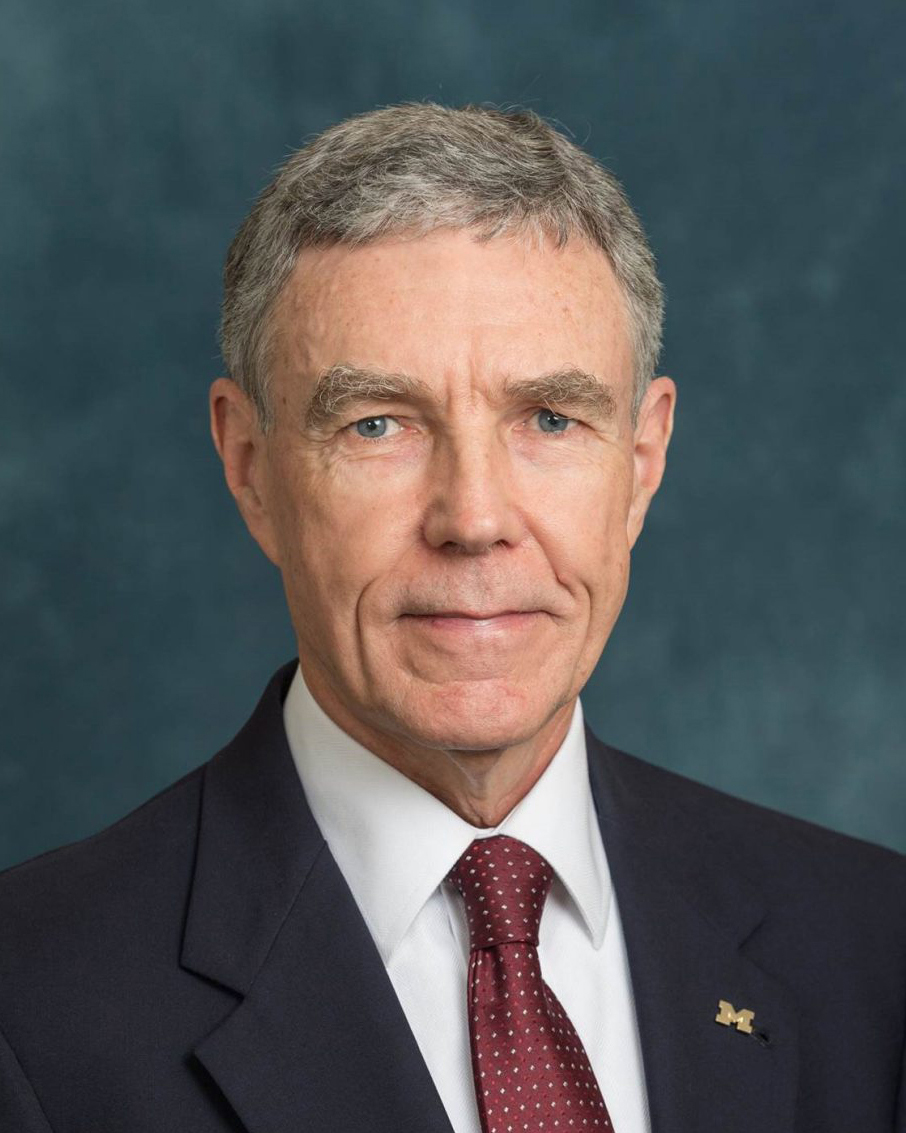
by N. Reed Dunnick, MD, ABR Associate Executive Director for Diagnostic Radiology
2020;13(6):5
Medical professional board certification is well recognized by healthcare providers, regulators, physicians, and patients as an important indication of quality. The time spent studying and preparing to take certifying exams makes us better radiologists. Over time, however, initial board certification becomes less relevant; as our practices evolve, many of the exams and procedures we do were not covered on those remote board exams.
How do we assure our colleagues, regulators, patients, and other stakeholders that we have maintained the level of professionalism and cognitive expertise needed to provide excellent medical care? The American Board of Medical Specialties (ABMS) requires that all member boards offer only time-limited certification or continuous certification and offer programs for Maintenance of Certification (MOC). The American Board of Radiology (ABR) requires our diplomates to maintain an unrestricted medical license, obtain continuing medical education (CME) credits, do a practice improvement project, and pass a cognitive exam. Rather than continuing to rely on intermittent exams, which for most people required travel expenses and being away from one’s practice, the ABR developed Online Longitudinal Assessment (OLA).
Click HERE to read more.

OLA Comments: We are Listening!
by James B. Spies, MD, MPH, ABR Associate Executive Director for Interventional Radiology
2020;13(6):6
Interventional radiologists have been participating in OLA for nearly a year, and diagnostic radiologists who have chosen interventional as one of their practice areas are nearly two years into the process. Tens of thousands of questions have been answered, and the process is maturing.
One benefit of OLA is the opportunity for participants to comment on individual questions, providing an unprecedented opportunity for the diplomate to guide the process.
Diplomate comments also provide a huge benefit to the ABR and our committee members, offering an invaluable source of perspectives that might not have been considered and a chance to review questions in a new light.
Click HERE to read more.

OLA Performance Feedback and Customization Preferences
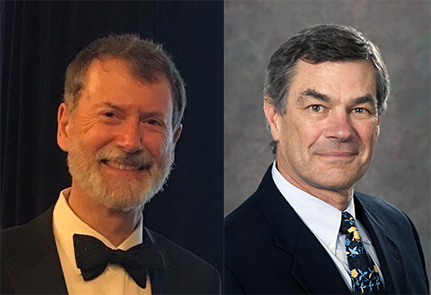 by Geoffrey Ibbott, PhD, ABR Associate Executive Director for Medical Physics, and J. Anthony Seibert, PhD, ABR Governor
by Geoffrey Ibbott, PhD, ABR Associate Executive Director for Medical Physics, and J. Anthony Seibert, PhD, ABR Governor
2020;13(6):7
Online Longitudinal Assessment (OLA) continues to evolve, and as the end of the first year of participation approaches for medical physics diplomates, many participants will discover that they have received feedback in terms of a current cumulative score relative to the “passing standard” on their OLA dashboards.
For a given certificate, individual performance feedback occurs after 52 scorable questions have been answered over the course of the year. (Fifty-two questions are needed to meet the annual progress requirement.) A question is deemed “scorable” when at least 50 diplomates have responded to it, a minimum of 10 question ratings has been determined by diplomates who have volunteered to be question raters, and the question has acceptable psychometric statistics. Once the threshold number of scorable questions has been met, a score appears on the current cumulative score dashboard and indicates how the diplomate has performed relative to their unique passing standard. It is updated every week, and as more questions become scorable, the results will be plotted as a function of time. A snapshot of the dashboard running graph is shown below.
Click HERE to read more.

Walking-Around Knowledge in Radiation Oncology: How We Got There, and Where It is Going
 by Paul E. Wallner, DO, FASTRO, Associate Executive Director for Radiation Oncology; Andrea K. Ng, MD, MPH, ABR Trustee; and Jeff M. Michalski, MD, MBA
by Paul E. Wallner, DO, FASTRO, Associate Executive Director for Radiation Oncology; Andrea K. Ng, MD, MPH, ABR Trustee; and Jeff M. Michalski, MD, MBA
2020;13(6):8
The Radiation Oncology (RO) ABR Online Longitudinal Assessment (ABR OLA) Part 3 Maintenance of Certification (MOC) instrument was conceptualized in 2016 to replace the previously deployed computer-based assessment test that had been administered every 10 years. Development of the product proceeded along two parallel pathways: an internal ABR team worked on creating the software platform to support the program, while members of the eight RO clinical category committees repurposed existing MOC items (questions) sufficient to enable rollout of the assessment tool in January 2020. To allow weekly random distribution of two items to more than 3,000 participating diplomates, more than 200 items had to be available on Day 1 of program implementation. Early in the process of item development, the RO trustees addressed critical issues of breadth and depth of item distribution, and whether there should be an initial attempt to provide diplomates with practice-specific item options.
Click HERE to read more.

Initial Certification Advisory Committee Improves Communication with Diagnostic Radiology Candidates
by Donald J. Flemming, MD, ABR Trustee
2020;13(6):9
The Initial Certification Advisory Committee (ICAC) for Diagnostic Radiology was created in the early 2000s to help the American Board of Radiology communicate changes in its initial certification exam format with candidates. The role of the committee has evolved into a two-way conversation aimed at improving the global examination experience for our candidates.
Members of the DR-ICAC are primarily residents and fellows who are involved in the initial certification process. Members serve two-year terms and are chosen to maximize diversity of representation in region, program type, and program size. The initial membership comprised three representatives from the American Alliance of Academic Chief Residents in Radiology (A3CR2), two from the Resident and Fellow Section of the American College of Radiology (ACR), two from the Resident Section of the Radiological Society of North America (RSNA), one resident from the Accreditation Council for Graduate Medical Education (ACGME) Diagnostic Radiology Review Committee, one resident from the Association of Program Directors in Radiology (APDR), and the most immediate past president of the APDR. The committee recently expanded to include a representative from the Association of Program Directors in Interventional Radiology (APDIR) and an additional APDR member.
Click HERE to read more.
Exam Developers Roll with the Changes Caused by COVID
by Heather S. Hopkins, ABR Communications Coordinator
2020;13(6):10
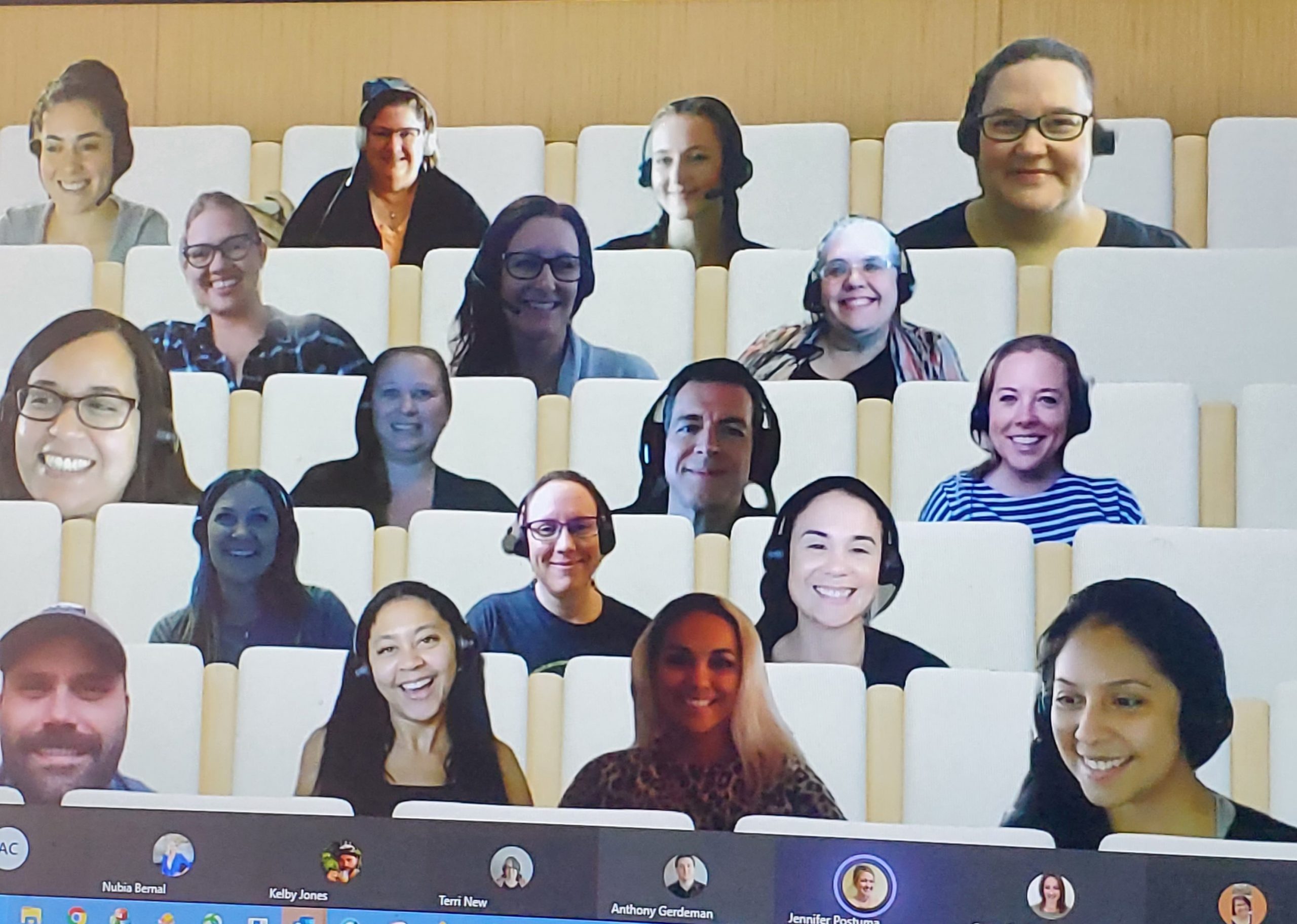 ABR exam and Online Longitudinal Assessment (OLA) content is created by more than 600 volunteer radiologists, radiation oncologists, and physicists on numerous specialty-specific committees. Volunteers meet throughout the year to refine questions (“items”) and organize the material. Before the COVID-19 pandemic, each committee met annually in Tucson or Chicago, and committee chairs came to Tucson for annual test assembly meetings.
ABR exam and Online Longitudinal Assessment (OLA) content is created by more than 600 volunteer radiologists, radiation oncologists, and physicists on numerous specialty-specific committees. Volunteers meet throughout the year to refine questions (“items”) and organize the material. Before the COVID-19 pandemic, each committee met annually in Tucson or Chicago, and committee chairs came to Tucson for annual test assembly meetings.
All of these meetings are organized and run by exam developers. These ABR staff oversee the life cycle of an item from initial submission through editing, image processing, review, revision, Angoff, and, finally, export from the database onto an exam. The ABR has 12 exam developers: eight who work on content for computer-based and oral exams and four who work with the OLA committees. Exam developers work in teams of two, and each team handles about a dozen committees.
Click HERE to read more.

New Dashboard Provides Insight into Performance
2020;13(6):11
In October, diplomates participating in Online Longitudinal Assessment (OLA) may have noticed a new dashboard after logging in. This long-awaited addition has provided diplomates with a frequently updated status on their current OLA performance. The OLA performance dashboard displays diplomates’ current cumulative score as well as their annual performance evaluation.
Current Cumulative Score
The current cumulative score reflects how a participant is performing against their unique passing standard. This score becomes available after a participant has answered 52 scorable questions and is updated every Monday from that point forward. The current cumulative score does not impact MOC Part 3 status.
Click HERE to read more.

Dr. Vydareny Awarded 2020 RSNA Gold Medal
2020;13(6):12
Past ABR Associate Executive Director Kay H. Vydareny, MD, was one of three diplomates to be awarded the Gold Medal from the Radiological Society of North America (RSNA) for 2020. The gold medal is RSNA’s highest honor and is awarded each year to people who have rendered outstanding service to the science of radiology. A unanimous vote of the organization’s board of directors is required to win.
Vydareny devoted her career to advancing medical education and mentoring medical students and radiology residents. She is a past president of numerous organizations including The American Association for Women Radiologists (AAWR), American Roentgen Ray Society (ARRS), the American College of Radiology (ACR), and the Association of University Radiologists (AUR). She served as a manuscript reviewer for the publication Radiology, where three times she earned the Editor’s Recognition Award. She was a member of and chaired the RSNA General Radiology Program Subcommittee for the RSNA annual meeting and moderated the Sunday night film panel.
Click HERE to read more.
Dr. Canon Receives Marie Sklodowska-Curie Award for 2020
2020;13(6):13
Cheri Canon, MD, FACR, FAAWR, chair of the University of Alabama at Birmingham Department of Radiology, has been selected as the recipient of the 2020 Marie Sklodowska-Curie Award from the American Association for Women in Radiology (AAWR). The award recognizes outstanding accomplishments in leadership, teaching, research, and scholarship that have impacted women in radiology professions.
An ABR governor, Canon is president of the Society of Chairs in Academic Radiology Departments (SCARD) and co-creator of the nationwide Leading, Empowering and Disrupting (LEAD) Women’s Leadership Program. She also just finished her second term as president of Birmingham’s Momentum, an organization that empowers women to develop leadership skills that positively affect business, culture, and politics in Alabama.

December 1 Blog
Not a One-Time Event, OLA Measures Knowledge Over Time
November 23 Blog
Three New Trustees Ready to Get Started
November 17 Blog
New Secretary-Treasurer Knows Value of Volunteering
November 10 Blog
Have a COVID-19 Experience to Share? Please Let Us Know
October 28 Blog
How to Submit Professionalism Concerns
October 27 Blog
How OLA Passing Standards and Cumulative Scores are Established


